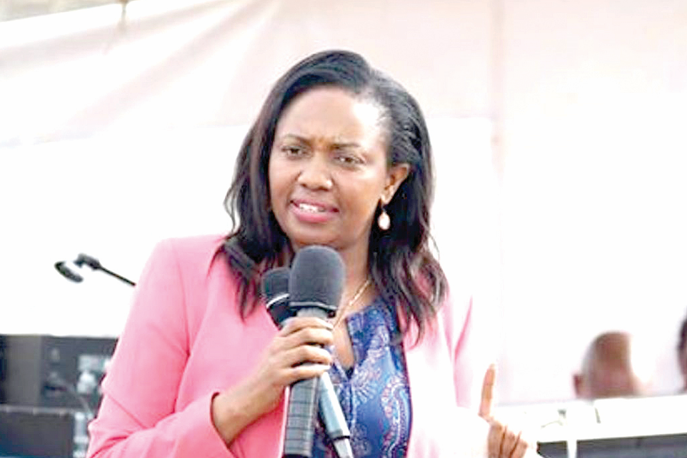Media professionalism key to rebuilding public trust

It often starts with a tweet, a forwarded message, or a hastily edited video clip—shared hundreds of times before a journalist can verify its truth.
In a world where anyone with a smartphone can break “news,” the lines between fact, opinion, and outright fabrication have blurred, challenging even the most seasoned media professionals.
Yet, despite this noisy information ecosystem, journalism remains one of society’s most powerful tools for reflection and reform, particularly when pursued with accuracy, responsibility and an unwavering commitment to the public interest.
Kenya faces a pivotal moment as the digital media shift offers both opportunities and challenges.
Technology has enabled media to reach audiences faster and more directly than ever before. It has created new platforms for storytelling, exposed hidden injustices, and even supported humanitarian efforts or reunited families.
However, it has also unleashed a flood of unverified content, intensified commercial pressures on newsrooms, and deepened public scepticism towards mainstream media.
As more people turn to non-traditional sources for news, questions arise about who bears responsibility for the truth, and how those who betray it should be held accountable.
The concept of public interest has always been at the heart of journalism. It guides journalists in choosing which stories matter, which facts must be uncovered, and which questions must be asked.
But what does public interest mean in an era where content goes viral not for its importance but for being entertaining, scandalous, or divisive?
It demands that media do more than merely inform; they must scrutinise power, protect the vulnerable and foster national cohesion. This is a high standard, but a necessary one.
When journalists uphold these ideals – through responsible reporting, rigorous fact-checking and avoiding manipulation or bias – they serve their audiences better and protect their own credibility.
Audiences, too, have a role.
As news consumers, we must be more discerning, ask tougher questions, and resist amplifying misinformation. Media accountability should not be seen solely as a newsroom issue but as a shared national concern, tied directly to the society we aspire to build.
Our Constitution enshrines values such as integrity, transparency, inclusivity and social justice as cornerstones of our national identity.
The media can either reinforce or undermine these values. During elections, for instance, a single headline can sway public sentiment; an unverified claim can ignite unrest.
The ethical compass of journalists, editors and publishers must therefore consistently point towards the public good – especially when the stakes are highest.
Rebuilding trust between the media and the public requires nurturing professionalism in both word and deed.
There is also a generational dimension to this debate.
Many young Kenyans now consume news primarily through platforms like TikTok and X, where brevity often overshadows depth. This shift demands that legacy media adapt, without compromising their commitment to accuracy and verification.
The Annual Media Summit, organised by the Media Council of Kenya, and taking place in the wake of this year’s World Press Freedom Day, under the theme “Public Interest in the Era of Technology: Media Accountability and National Values”, aims to distil the challenges and opportunities shaping today’s information ecosystem.
The writer is the CEO of the Media Council of Kenya














